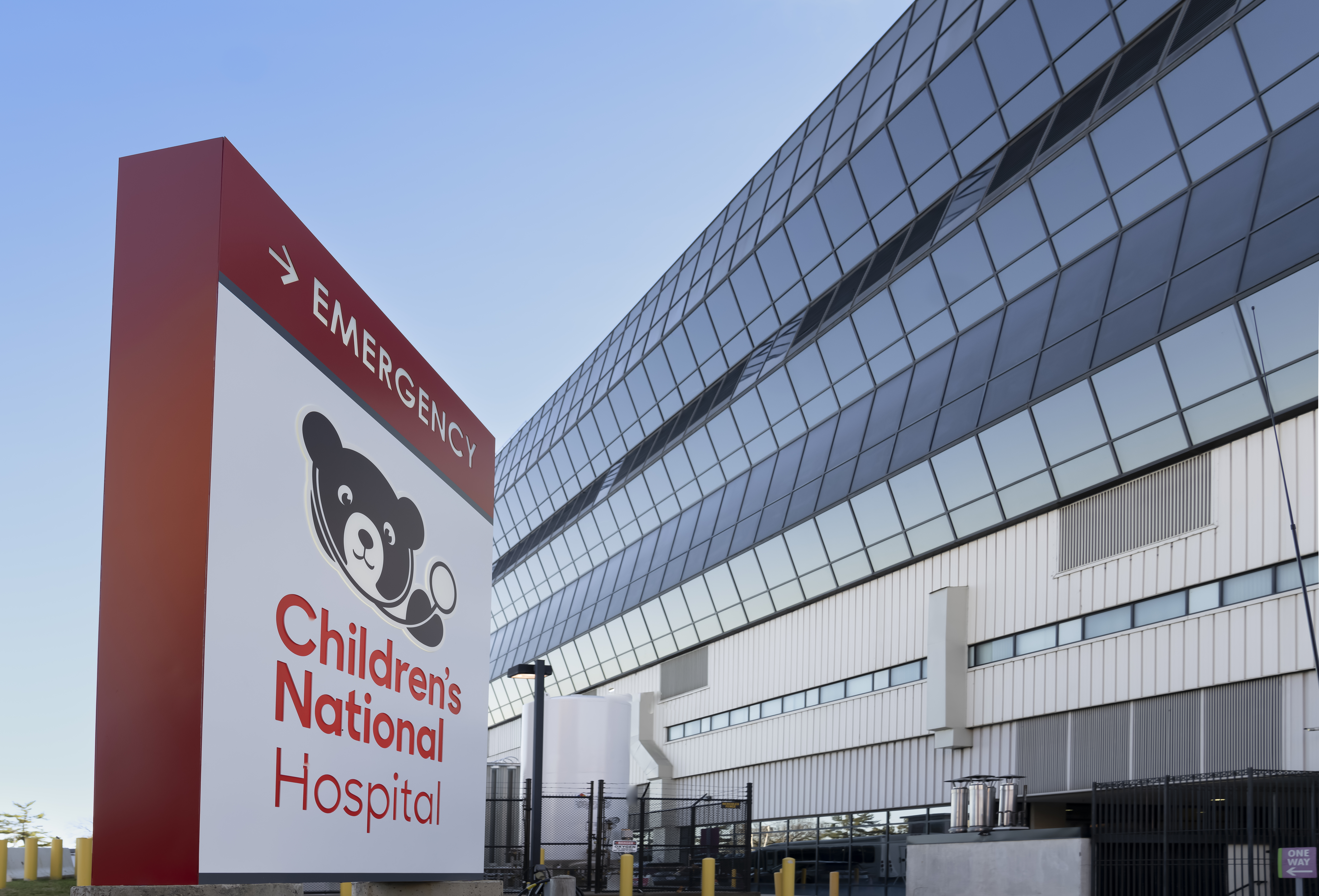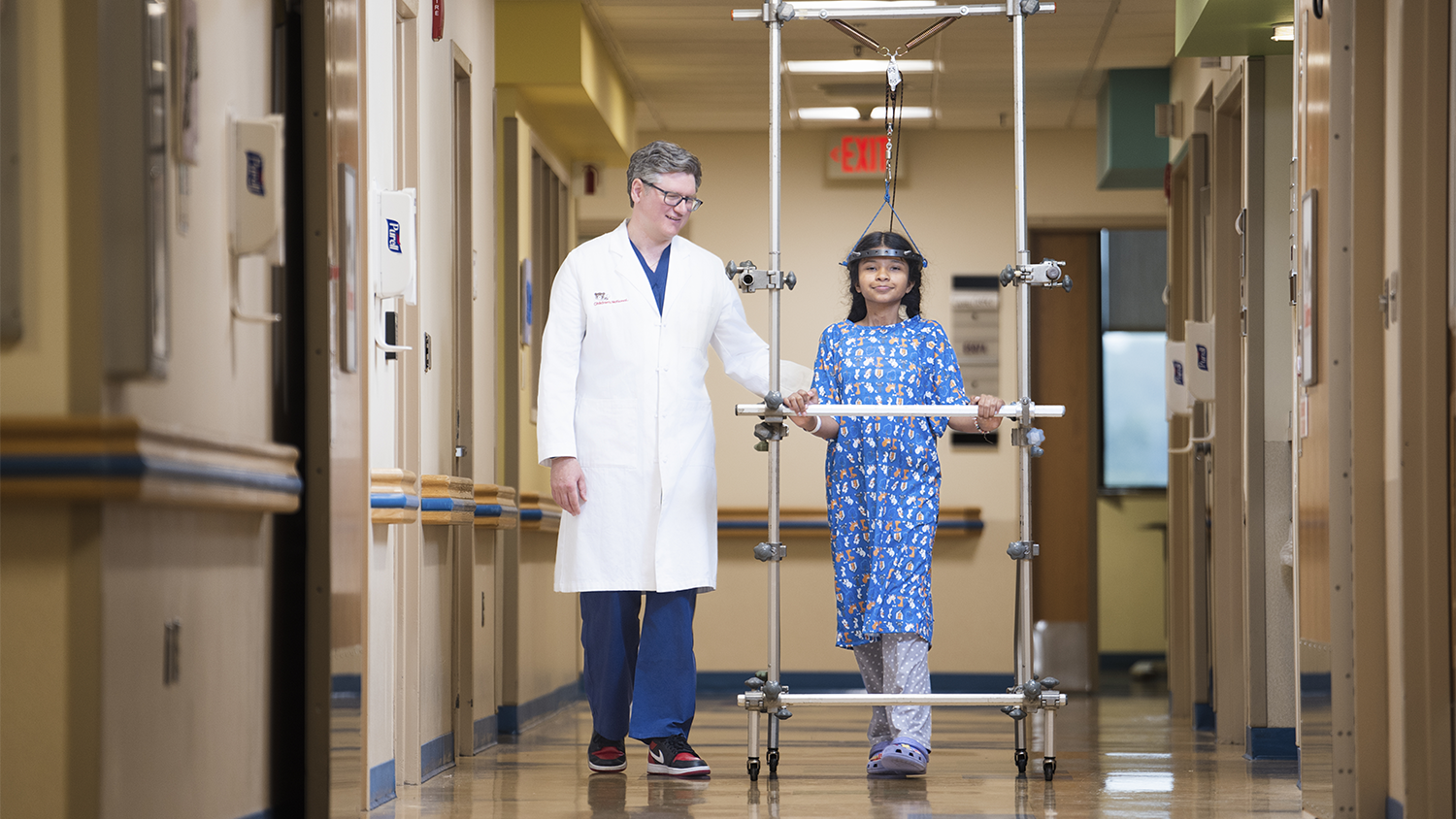Condition
Pediatric Concussion
What You Need to Know
The term mild traumatic brain injury (TBI) is used interchangeably with the term concussion.
Key Symptoms
The most common symptoms of a concussion are:
- Headache
- Balance problems or dizziness
- Loss of consciousness
- Nausea
Diagnosis
Doctors typically diagnose concussions by:
- Neuropsychological testing
- CT scan
- MRI
Treatment
Treatment may include:
- Rest
- A graduated approach in returning to sports or play
Schedule an Appointment
Our pediatric specialists provide personalized care for your child’s physical, mental and emotional health needs. Meet our providers and schedule an appointment today.
Frequently Asked Questions
What is a concussion?
How common are concussions in children?
What Children’s National Hospital offers
What are the signs and symptoms of a concussion in children?
Why is early intervention important for concussions in children?
How is a concussion in a child managed?
Important facts about concussions in children
Meet the Providers Who Treat Concussions
Getting Reuben Back on Track
When Reuben, an active teenager, experienced four concussions within the span of two years, our Safe Concussion Outcome Recovery & Education (SCORE) Program safeguarded his health and empowered him to make the best choices when it came to his studies and sports.
Departments that Treat Concussion

Neurology
Our pediatric neuroscience team is the nation's largest, bringing extensive experience to patients and families. Each of our neurologists is specially trained in child neurology with expertise in specific areas. We use advanced diagnostic tests and minimally invasive, effective treatments for complex neurological conditions.

Help Kids and Make a Difference
Invest in future cures to help children have brighter futures.












